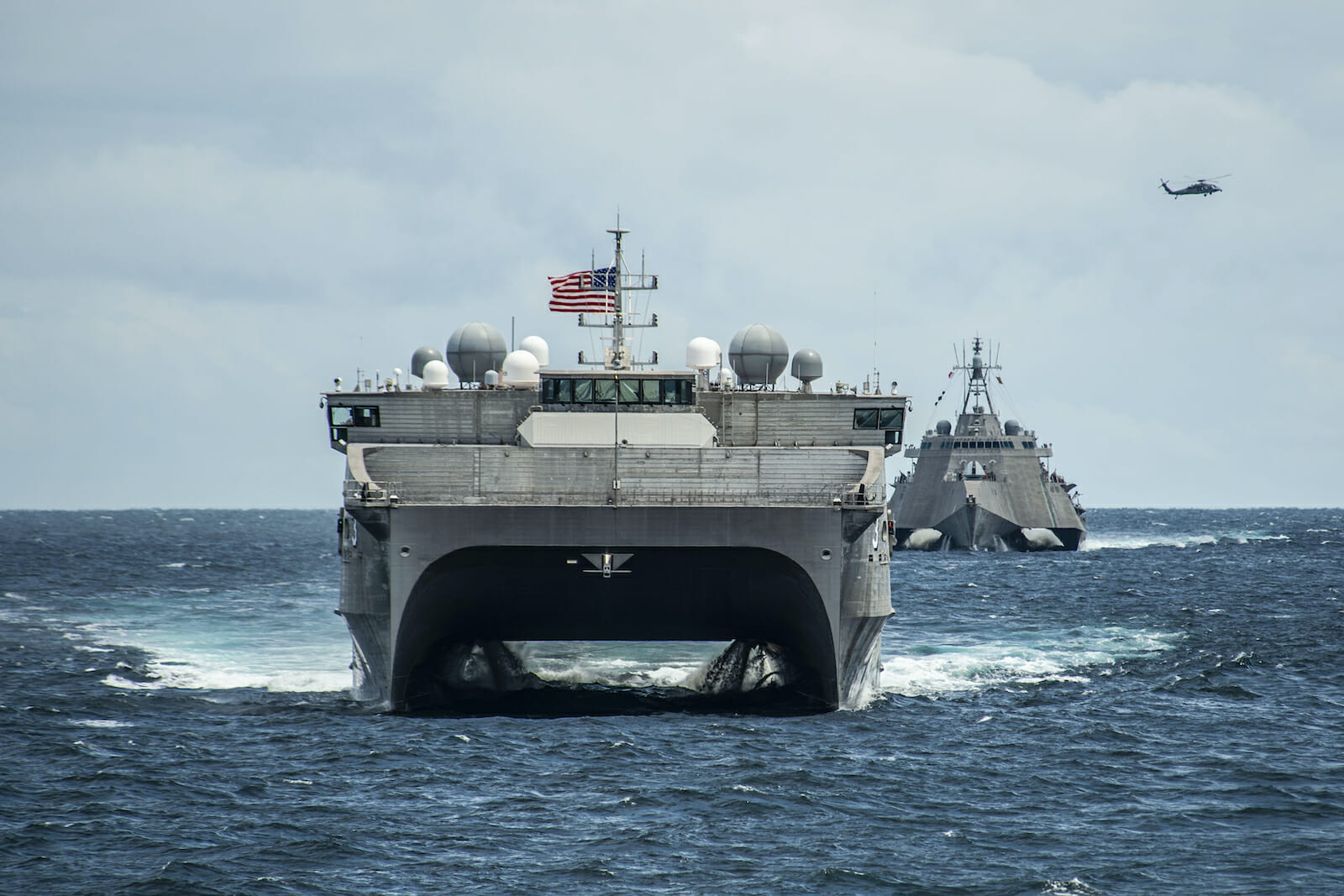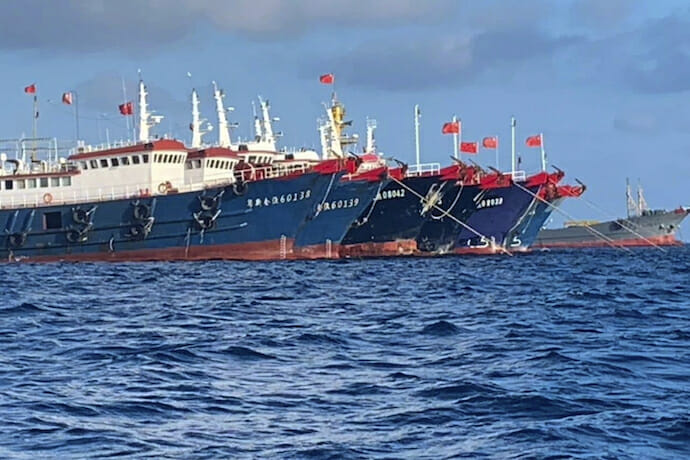
From Victory to Eulogy: Injustice Still Lingers in the South China Sea
Former Philippine President Benigno Aquino’s lasting legacy would be the Philippines’ 2016 landmark win against China over its claims in the South China Sea. The verdict handed down by the Hague-based Law of the Sea Convention (UNCLOS), invalidated China’s expansive claims in the South China Sea.
The legal victory also set a precedent for neighboring states such as Indonesia and Vietnam who considered using the Philippines’ triumph to justify the legitimacy of their respective territorial interests in these contentious waters. Benigno Aquino, who died in June, had entrusted the fate of his country’s sovereignty to the Hague-based judiciary. With no minimum credible defense and deterrence to protect its maritime interests while standing in the way of China’s aggressive expansion in the South China Sea, Aquino chose legal action rather than confrontation, to push back against China.
Ironically, this same legal victory led to the further magnification of China’s irascibility and the effective undoing of Aquino’s legacy. Five years following this historic victory, China still retains the upper hand in the South China Sea. It continues to pursue its artificial island-building activities – turning reefs into islands replete with military installations and depriving fishermen of their livelihoods. Recently, China has turned the major shipping lane into a cesspool of human excrement. In the ensuing years, countless diplomatic protests and bilateral talks by the Philippines and other ASEAN countries affected by China’s encroachment have taken place. However, despite these tension-mitigating mechanisms, China’s belligerence has not waned.
Exacerbating this further is Aquino’s successor, Rodrigo Duterte, who, at the onset of his presidency, downplayed the ruling by choosing not to “taunt or flaunt” the favorable verdict, which further buttressed his pivot to China in the guise of having an independent foreign policy.

On the other hand, even with the arbitral decision as strong justification to rein in China, Western powers, led by the U.S. who all have a stake in this $3.4 trillion dollar shipping lane, failed to capitalize on this momentum to direct China to halt its unlawful militarization of the disputed waters. The global community has effectively turned a blind eye and allowed China’s behavior to fester. Such inaction has put the integrity of the global community’s commitment to a rules-based order into question
Multilateral institutions such as the UNCLOS would have been the last bastion of hope for weaker states such as the Philippines. After all, not even an ally such as the United States, led by then-President Barack Obama, could prevent China from picking on its weaker neighbor. Obama, whose foreign policy was based on restraint and international cooperation, failed miserably to broker an agreement in the spring of 2012 between Chinese and Philippine forces in the Scarborough Shoal. In the end, the Philippines unilaterally withdrew, ostensibly to avoid further hostilities.
As a result, the Philippines lost a strategic enclave and precious fishing grounds. To save face, or whatever was left of it, Aquino filed a case before UNCLOS. To assuage a helpless ally following the Scarborough debacle as the wheels of justice at the Hague slowly turned, Obama assured the Philippines of his country’s “ironclad” commitment to its ally. This supposed morale-boosting gesture was complemented by his state visit in the spring of 2014 wherein the Enhanced Defense Cooperation Agreement (EDCA), which allows for the deployment of U.S. forces in the country, was ratified.
Despite Obama’s apparent assuring statements which were also encased in his administration’s Asia pivot policy, these supposed defense and deterrence strategies aimed at China did so little as well to scale back on the latter’s bellicosity in the South China Sea. Obama’s frugal foreign policy proved to be extraneous in a China-dominated littoral issue. During subsequent interviews, Obama stopped short in categorically stating if the U.S. will defend its ally should the latter be embroiled in a war with China in the contested waters despite the existence of a 1951 mutual defense treaty between the two states. Ultimately, talk was cheap, and the Philippines was left to fend for itself, picking up the morsels from Obama’s “ironclad” speech.
Despite the ruling which favored the Philippines, Aquino paid dearly for his naivete and hubris in taking China to court without any assurance from the international community that it was willing to enforce the Hague ruling. Moreover, Aquino’s full trust in an indecisive Obama administration to come to its defense when it was needed the most, was also a bitter pill to swallow. Until Aquino’s last breath, the Philippines continue to suffer the consequences of China’s encroachment into its legally demarcated coastal privileges, and his aspirations for a consequent peaceful South China Sea have eluded him.

